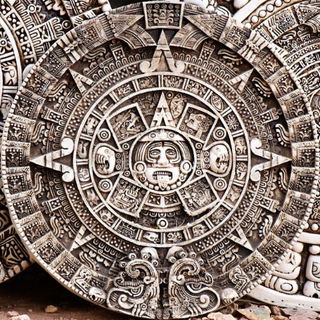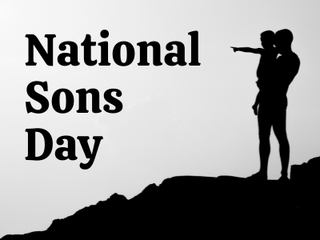The term 'fortnight' describes a period of two weeks (or 14 days) and its charm in the English language is timeless.
This word holds meaning not just in numbers but also in history and today, serving as a timeless marker in our shared understanding of time.
Fortnight is the literal derivation of the Old English term “feowertyne niht'' which means fourteen nights.
This language has roots in medieval England, where the lunar calendar was important for figuring out time.
People use the term in lots of different ways, like planning projects, figuring out when to pay bills, or deciding when to take a vacation.
Even though it originally comes from British and Commonwealth English, people all over the world use it. It's popular because it's short and easy to understand.
Historical Significance
In ancient times, people used the moon to measure and time, and they split the month which was about 29.5 days into two parts each with 14 nights.
The word “fortnight” originated from the practice of keeping track of time every fourteen nights, reflecting how people in the past structured their lives around this timeframe.
The term prevails today despite being old-fashioned, highlighting how certain words endure by adapting to new situations and cultures as language evolves.
Practical Applications
The word “fortnight” isn't just about counting time. It's useful for planning things like projects or events because everyone knows what it means. Using it also connects us to the past and shows how languages change over time.
This two-week period has a lot of meaning and helps connect people across languages and cultures. It shows how language, history, and culture are all linked together.
Fancy Fortnight Facts
- “Fortnight” still holds legal weight for specifying time periods in contracts.
- It enriches classic literature and poetry with its presence.
- Usage varies across regions, sometimes replaced by alternative terms.
- Early societies relied on the fortnight for coordinating activities, notably in agriculture.
- In mathematical and logical contexts, “fortnight” can symbolize concise timeframes.











